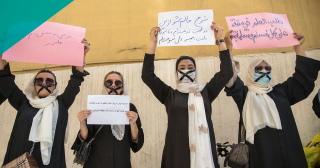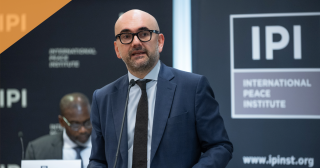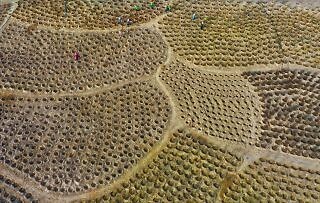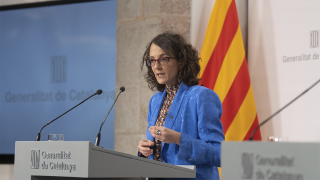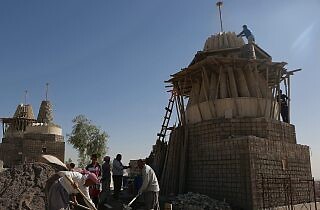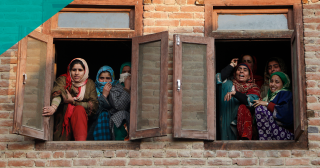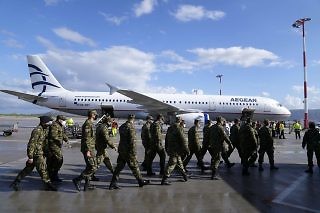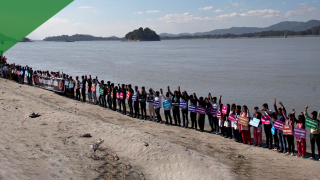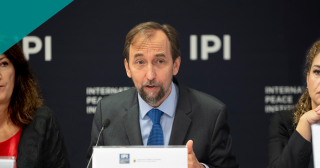Heather Barr, Associate Director of the women’s rights division at Human Rights Watch, shares insights from her continued work with Afghan women’s rights defenders following the Taliban takeover.
Interviews
-
-
Asif R. Khan, Director of UNDPPA’s Policy and Mediation Division and a lead penholder of the New Agenda for Peace, reflects on the policy brief and next steps ahead of the Summit of the Future.
-
Brad Cardinale, an ecologist who focuses on the conservation and restoration of biodiversity in natural systems discusses the scale and irreversibility of the biodiversity crisis.
-
The Minister of Equality and Feminisms of the Generalitat de Catalunya shares lessons on implementing equality policies and creating a feminist future from her experiences as a policymaker, political scientist, and activist.
-
UN Special Rapporteur Fionnuala Ní Aoláin discusses the challenges that emerge as states increasingly frame conflict and violence through a terrorism lens, rather than a peace lens, and the repercussions for local mediation and human rights endeavors.
-
Robert O. Mendelsohn, professor of forest policy and economics at Yale University, discusses the global forces creating unprecedented changes over the next few centuries, including climate change, and why he is optimistic about the future.
-
I wanted the feminist foreign policy to be practical. To me, it’s not about identity as much as it is a matter of checking on the three Rs: rights, representation, and resources.
-
It has been six weeks since Russia invaded Ukraine and the conflict is devolving into a stalemate. Paul Poast discusses the responses of NATO, the shifts in EU defense policies, and how this war might end.
-
Disha Sarkar, a climate advocate and a YOUNGO youth delegate at the COP26 climate talks, discusses “ground level” advocacy and promoting the inclusion of youth in global decision-making.
-
In this first interview since being appointed president and CEO of the International Peace Institute (IPI) in March 2020, Zeid Ra’ad Al Hussein shares his views on the Women, Peace and Security agenda and the role of the United Nations.
